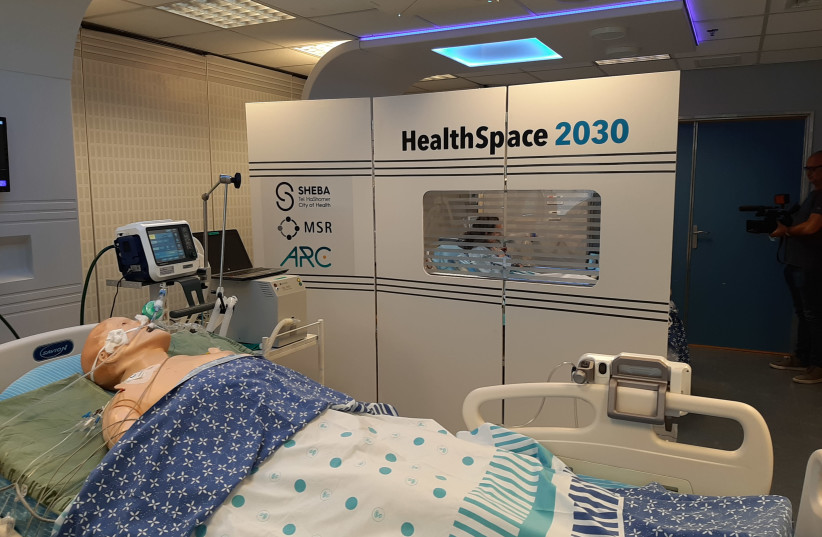As most people want to live longer and with good health, Sheba Medical Center at Tel Hashomer will open in September on its campus the world’s first public hospital longevity center to provide advanced, research-based medicine for maintaining and improving people’s physiological and mental functions.
The Sheba Longevity Center is being planned to promote longer, healthier lives, built on multidisciplinary fields of healthcare and technology.
It will first focus on a pilot study and treatment for some 2,000 patients aged 40 and over in the fields of cognition, sleep, frailty and menopause before branching out to other fields. This effort will pioneer a new type of patient care.
“Longevity is an international issue that requires global cooperation,” said Prof. Tzipi Strauss, the founder and creator of the center. “Today, Sheba has brought together players from across the globe to share knowledge, collaborate and raise awareness of the possibilities this field brings. Through this new annual conference and our clinic, we hope to continue our mission of democratizing the field of longevity, making it accessible to all.”
The Sheba Longevity Conference, held this week, united global longevity stakeholders to discuss advances and breakthroughs in medicine for healthier, longer lives. The event featured discussions on how multidisciplinary fields of healthcare, including genomic testing, dieting, stem cell aging and artificial intelligence (AI), could be applied to longevity practice. Attendees included leading researchers from the US, Europe, Africa, the Gulf region and East Asia alongside senior Israeli government officials and health tech leaders.

“The Sheba center will build on the existing strong foundations of the hospital, and benefit from its multidisciplinary experts,” said internal medicine Prof. Evelyne Bischof at the Shanghai University of Medicine and Health Sciences who will be the director and manage day-to-day operations. “Built on a base of clinical evidence, using AI and the latest cutting-edge health tech, the Sheba Longevity Center will combine the best elements of modern-day medical care. Based in Sheba, the city of health, our partnerships across the world will help us achieve a truly global impact.”
The Longevity Center will collaborate closely with Sheba’s innovation arm, ARC (Accelerate, Redesign, Collaborate) to promote innovation in the field and incubate start-ups that will contribute to longer, healthier lives. The center will also establish an educational hub working closely with academic institutes, longevity associations and regulatory bodies to build the next generation of longevity scientists.
“In 10 years’ time, due to changing demographics and rising costs, we will not be able to provide the same level of care that we are providing today; we need transformation to continue providing quality care,” added Prof. Yitshak Kreiss, the director-general of Sheba, Israel’s largest hospital. “The approach being pioneered by Prof. Strauss will see a shift from treating diseases to promoting health, building towards longer, healthier aging within a center that will provide world-leading, clinically backed, integrative medicine.”
